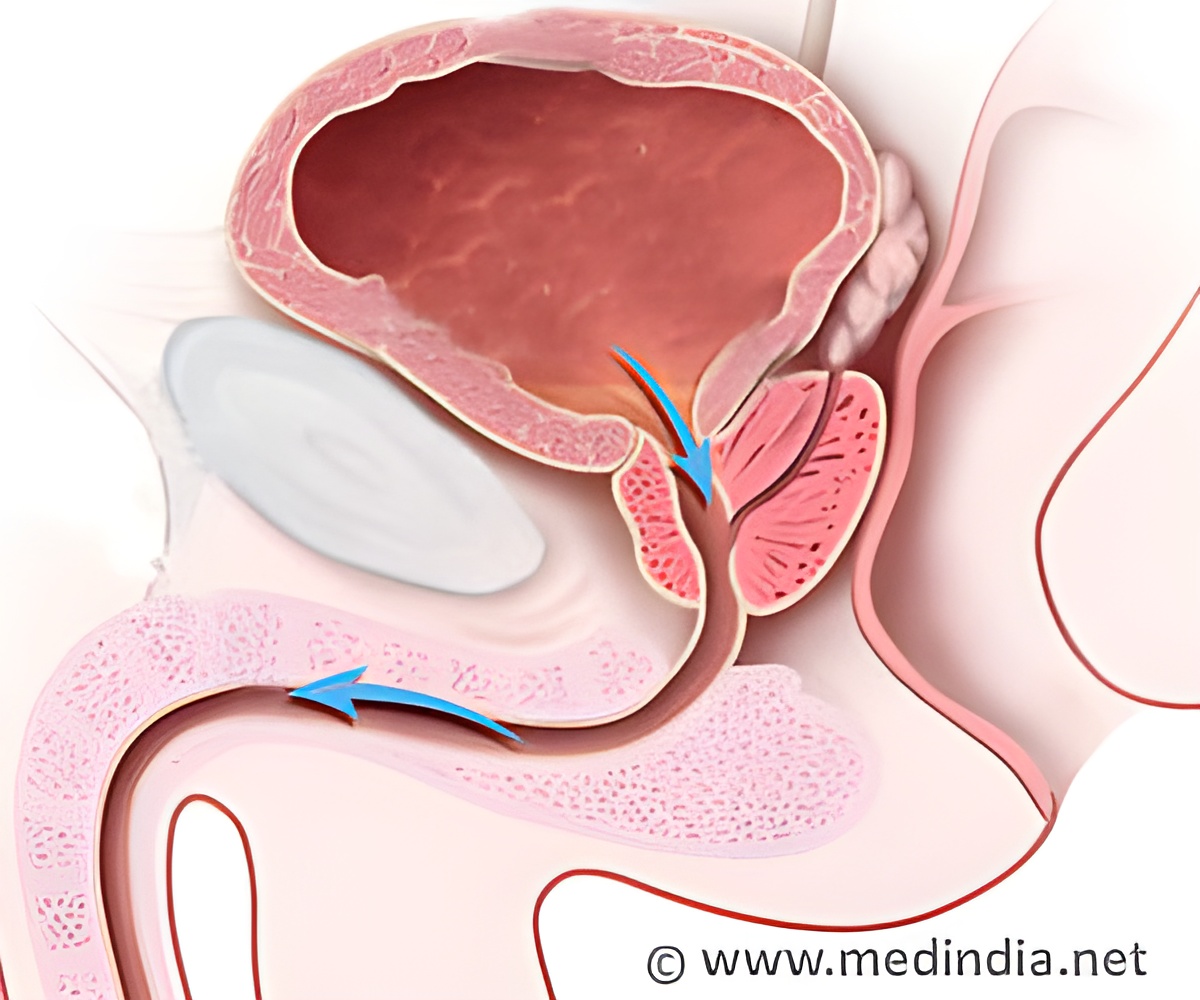
388 patients from 1997 to 2004 with pT3-4pN0 prostate cancer with positive or negative margins who had already undergone radical prostatectomy were ensued for ARO 96-02.
Twenty-two centers in Germany participated in the trial. 159 patients were randomized to a wait-and-see approach (Arm A) and 148 patients were randomized to receive adjuvant radiation therapy (Arm B). Seventy-eight patients who did not achieve an undetectable PSA were moved to Arm C. The overall survival (OS) rate and Clinical relapse-free survival determined the outcomes of the study.
Patients in Arm A had a 10-year ovearall survival rate of 86 percent, and patients in Arm B had a 10-year OS rate of 83 percent, compared with patients in Arm C who had a 10-year OS rate of 68 percent.
Clinical relapse-free survival of patients in Arm C for a ten year period was 63 percent.
All patients in the study had a pre- and post-operative PSA test, a bone scan and chest radiography. Patients in Arm B received 60 Gy of 3-D conformal radiation therapy. Patients in Arm C received 66 Gy of 3-D conformal radiation therapy.
Advertisement
Source-Medindia


![Prostate Specific Antigen [PSA] & Prostate Cancer Diagnosis Prostate Specific Antigen [PSA] & Prostate Cancer Diagnosis](https://www.medindia.net/images/common/patientinfo/120_100/prostate-specific-antigen.jpg)









